The (unusual) case for teaching grammar
Say hello to our Level 4: Grammar & Punctuation for Life cat!
We’ve begun production of Level 4: Grammar & Punctuation for Life, which teaches kids how to understand and use grammatical concepts and advanced punctuation. Levels one through three also cover foundational grammatical and punctuation concepts and skills, and we give mechanical feedback to kids on most practices. So, Level 4: Grammar & Punctuation for Life is not an island of mechanical learning in our program, but Level 4 will be where we help kids wrap their heads around what grammar means in the context of the rest of their life, why it’s useful to know, and how to use it with ease.
But why is grammar useful? Er, is it useful?
We take this question seriously, and our answer may differ from what you heard from your seventh-grade English teacher. Do you need to know a word is a direct object to use it in a sentence?
Well, we know from experience that it’s possible to be unable to define an adverb or diagram a sentence but get a perfect score on rigorous standardized writing tests. Many kids who read challenging books early and often learn to write well by relying on their ear. These kids learn the trick of reading their work out loud to check for errors—the problems sound wrong to these kids—and pick up feedback on edge case scenarios from their teachers with ease. Learning grammatical concepts may be interesting for these students if presented well, but those skills don’t make or break their ability to write or communicate complex thoughts. We know many of these kids.
We also know kids and adults who love to diagram sentences but have neutral feelings about writing in general. The act of dissecting the algorithm of a piece of information resonates with something deep in their brain; unsurprisingly, the adults we know who fall into this category tend to work in computer programming, the technical fields of finance, and other STEM careers. These kids will learn grammatical concepts easily but need to learn to write three-layered arguments and other deep, long-form thought texts that scale up their innate interest in patterns.
Finally, we know kids and adults who, for various reasons, don’t have formal Standard English in their ear and don’t have any particular affection for diagramming sentences. Quite the contrary. This category of children makes up the bulk of the kids in the world. Indeed, these students are less likely to see the relevance of writing to their life at even the most fundamental level, let alone grammar or multi-layered arguments.
So, should you teach all these kids grammar? How much? How?
June Writers believes there is a benefit to all of these kids to learn a variety of grammatical concepts because it gives kids a conceptual framework for understanding what our language is, how this relates to us as humans, and why we follow certain conventions. We learn nouns and then interjections and verbs first when we’re babies. Why, and who came up with that label? And why does it take far longer for children to master the use of adverbs? What does that tell us about the nature of these word classes and our perspective on the world as humans and English speakers? Similarly, all sentences need a subject and a predicate—one of the lessons in Level 1: Complex Sentences—but why? Why are the subject and verb in a sentence drawn to each other? What does that tell us about the English language and the culture of English speakers? How does it shape our ideas about ourselves and the world?
June Writers believes that teaching kids the why of grammatical concepts will spark the imagination of kids who rely on their ear, spur pattern-loving kids to look at the big picture beyond the algorithm, and help most kids understand why things like subject-verb disagreement can be so jarring to English-speaking humans. On a practical level, we also want all kids to feel confident questioning the grammar and punctuation suggestions in the tech tools that have become a part of life. Use tech, but use your brain more.
—
We will announce a launch date for Level 4: Grammar & Punctuation for Life in the coming weeks. Our goal is to have the level ready for our members for summer learning. Stay tuned!

